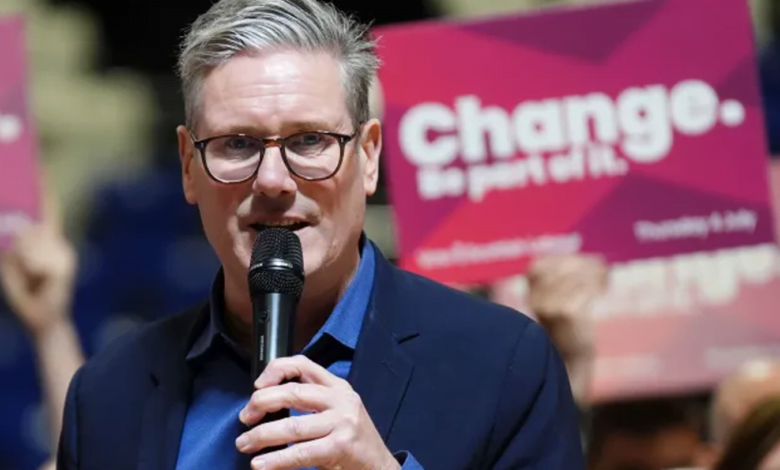
How Would Canada-U.K. Relations Be Affected Under a Labour Government?
With the election of a new Labour government in Thursday’s British elections, potential changes in the United Kingdom are on the horizon, though their immediate impact on relations with Canada remains uncertain.
Historically robust, the Canada-U.K. relationship has encountered challenges this year. Following the unilateral pause of trade negotiations by the recently defeated Conservative government in January, further strains arose from increased pressure on NATO allies, including Canada, to raise defence spending.
Analysts suggest that these tensions may persist in the short term, although shared priorities between Labour and Canada’s Liberals could pave the way for future reconciliation.
Canada values its strong ties with the U.K., emphasized by their membership in the Commonwealth and substantial bilateral trade amounting to $45 billion last year. Negotiations for a new trade agreement have been ongoing since Britain’s full departure from the European Union, aiming to replace the pre-Brexit Canada-United Kingdom Trade Continuity Agreement.
Recent issues, such as the expiration of a tariff-free British cheese export agreement at the end of 2023 and disagreements over meat imports treated with certain hormones, have complicated these negotiations. Despite efforts to restart talks, negotiations have stalled, underscoring the challenges ahead.
Looking forward, Labour’s progressive economic policies may align with Canada’s objectives, potentially facilitating future agreements. However, both nations face economic challenges that necessitate mutually beneficial outcomes.
Regarding defence, Labour’s commitment to meet NATO spending thresholds and uphold alliances like AUKUS signals continuity in British policy, with opportunities for enhanced collaboration between Canada and the U.K. in areas such as Arctic security, cybersecurity, and defence industries.
As negotiations and strategic alignments evolve, both countries aim to navigate shared challenges while fostering cooperative solutions beneficial to their economies and security interests.






